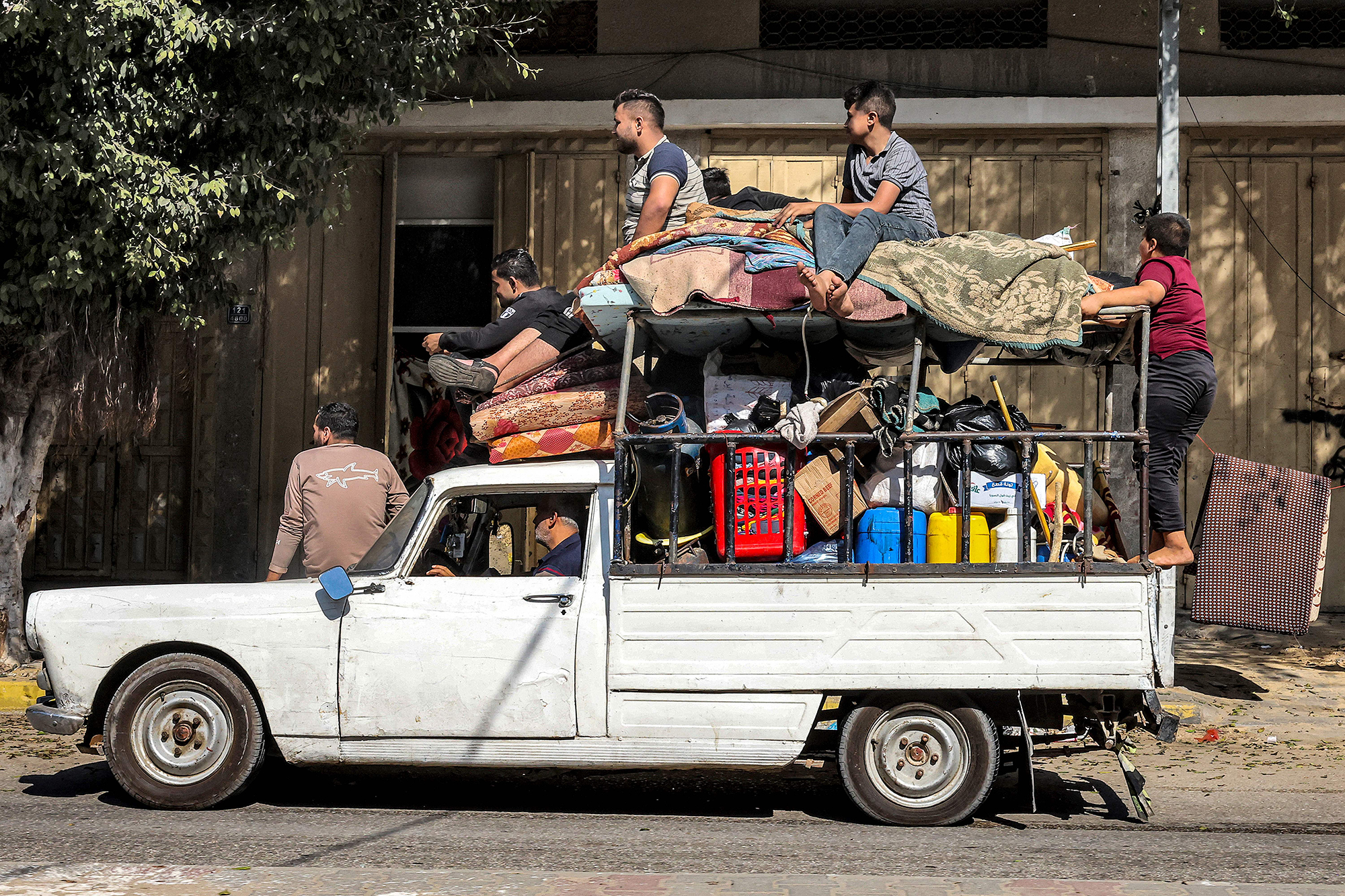
The US special envoy for Middle East humanitarian issues said on Saturday that the number of people fleeing from the north to the south of Wadi Gaza is estimated at 800,000 “one million to one million” – which has worsened the humanitarian situation. The problems are only expected to grow as more people leave.
Ambassador David Satterfield said there should be “safe, sustainable movement” not just from Rafah in Egypt to Gaza, but “where needed in the south”.
“Those needs are increasing as more and more individuals come south,” he added.
The ability to move aid has increased exponentially, especially in the last week, Satterfield said, adding that “the ability to move humanitarian aid into Gaza is pretty much zero,” but reiterated that even the current number of aid trucks. Passing the crossing for a day is not enough.
While the U.S. believes the current daily flow of trucks into Gaza is sustainable, “it’s being challenged by the environment on the ground in southern Gaza,” Satterfield said, adding that United Nations warehouses stocked with basic supplies and food were breached earlier in the week.
“There was an environment in Gaza that allowed normal commercial life, cooking gas, cooking oil, provisions, necessities of life to go in. Now that’s not the case,” he said.
Shelter is also a problem, he said.
“You still have 350,000 or 400,000 in the north. If those people — a fraction of them — come to the South, it will increase the burden, increase the demand even more,” he added.
There is the Israeli army It called on civilians in Gaza to move south It is intensifying its air and ground attacks on Gaza City and northern Gaza. International aid and rights groups have criticized Israel’s call for residents to leave the north without a pause in fighting and roads and other infrastructure badly damaged.
Possible Field Hospitals and Ships: Satterfield said Saturday that the U.S. is looking at the possibility of establishing field hospitals in southern Gaza, and that Israel is engaging with countries about stationing hospital ships off the coast of Gaza.
Satterfield said the U.S. is in talks with organizations such as the International Red Cross and Doctors Without Borders to set up tented field hospitals.
“Bringing in workers now — in what we all see as a world of ‘more doable’ — will require assurance that workers, international workers, can not only come in, but also leave,” he said. “Of course it depends on what we refer to as the actual authorities.”
Israeli officials are talking with allies such as the United Kingdom and France about larger hospital ships, while also taking safety and security into account.